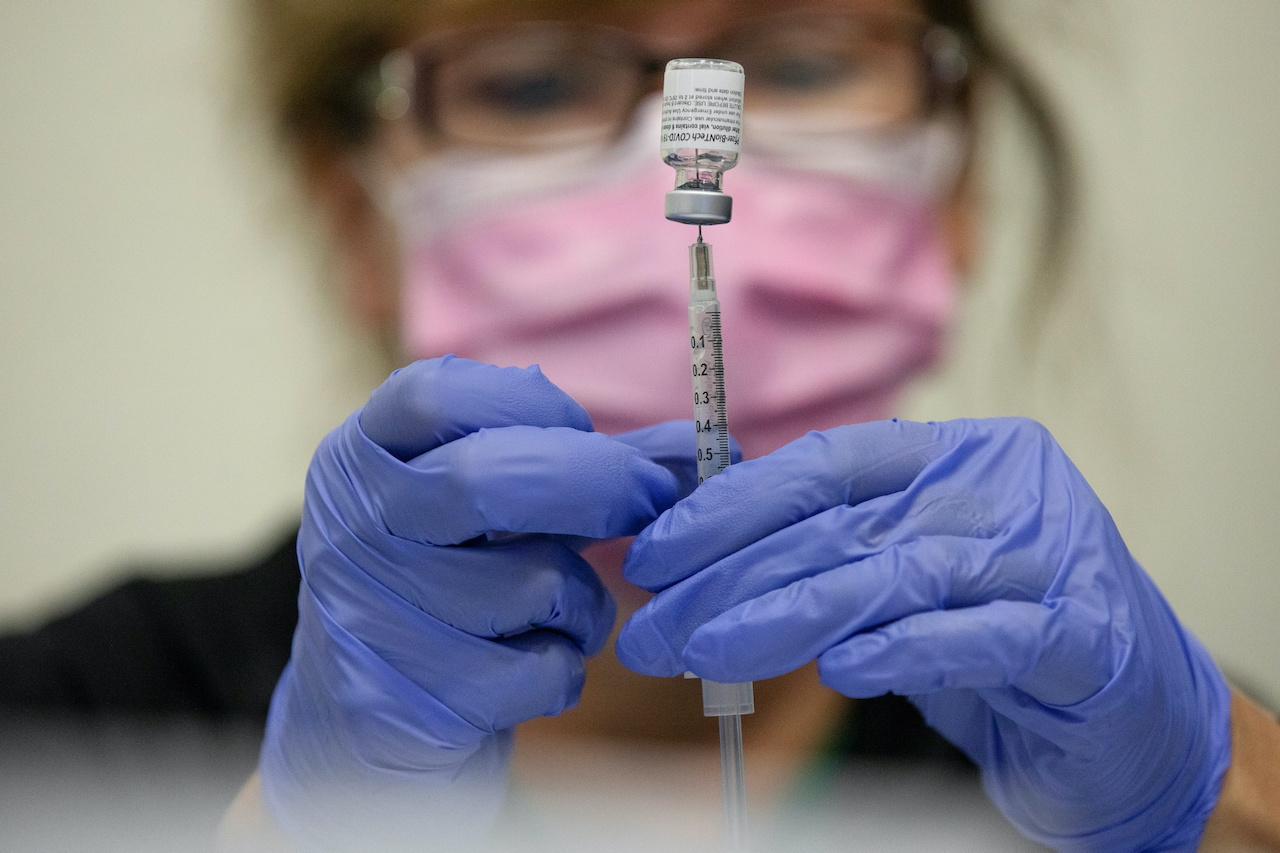EU watchdog backs Pfizer booster for over-18s
Extra doses of both the Moderna and Pfizer vaccines were also approved for people with severely weakened immune systems.
Just In
The EU’s drug watchdog on Monday approved booster doses of the Pfizer-BioNTech Covid vaccine for all people aged 18 and over, amid concerns that protection dips after initial jabs.
Extra doses of both the Moderna and Pfizer vaccines were also approved for people with severely weakened immune systems by the Amsterdam-based European Medicines Agency (EMA).
“Comirnaty booster doses may be considered for people aged 18 years and older, at least six months after the second dose,” the EMA said in a statement, referring to the brand name for the Pfizer vaccine.
“Decisions for boosters will be taken by public health bodies at national level.”
The EMA’s medicines experts had “evaluated data for Comirnaty showing a rise in antibody levels when a booster dose is given,” it said.
“The risk of inflammatory heart conditions or other very rare side effects after a booster is not known and is being carefully monitored,” the EMA added.
Rare cases of myocarditis, an inflammation of the heart muscle, have been reported in people who have taken the Pfizer vaccine, especially in young men.
Separately the EMA gave the green light for people with “severely weakened immune systems” to get extra doses of Moderna and Pfizer at least 28 days after their second dose.
Two doses are sometimes not enough to produce sufficient antibodies in immunocompromised people, such as organ transplant recipients.
“Although there is no direct evidence that the ability to produce antibodies in these patients protected against Covid-19, it is expected that the extra dose would increase protection at least in some patients,” the EMA said.
Subscribe to our newsletter
To be updated with all the latest news and analyses daily.
